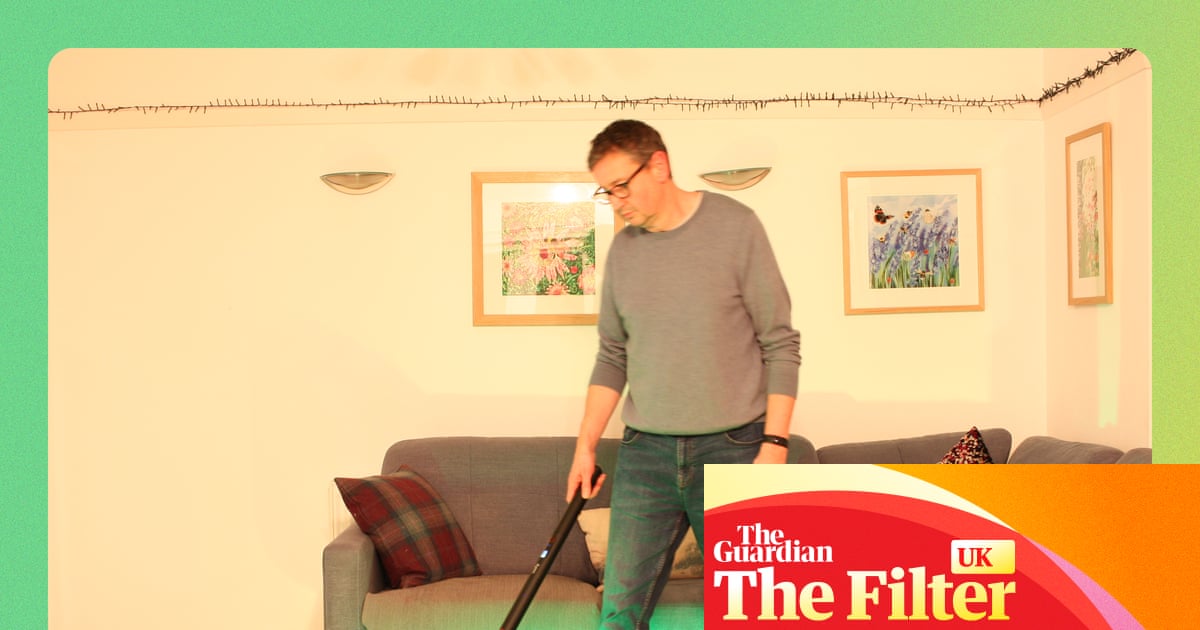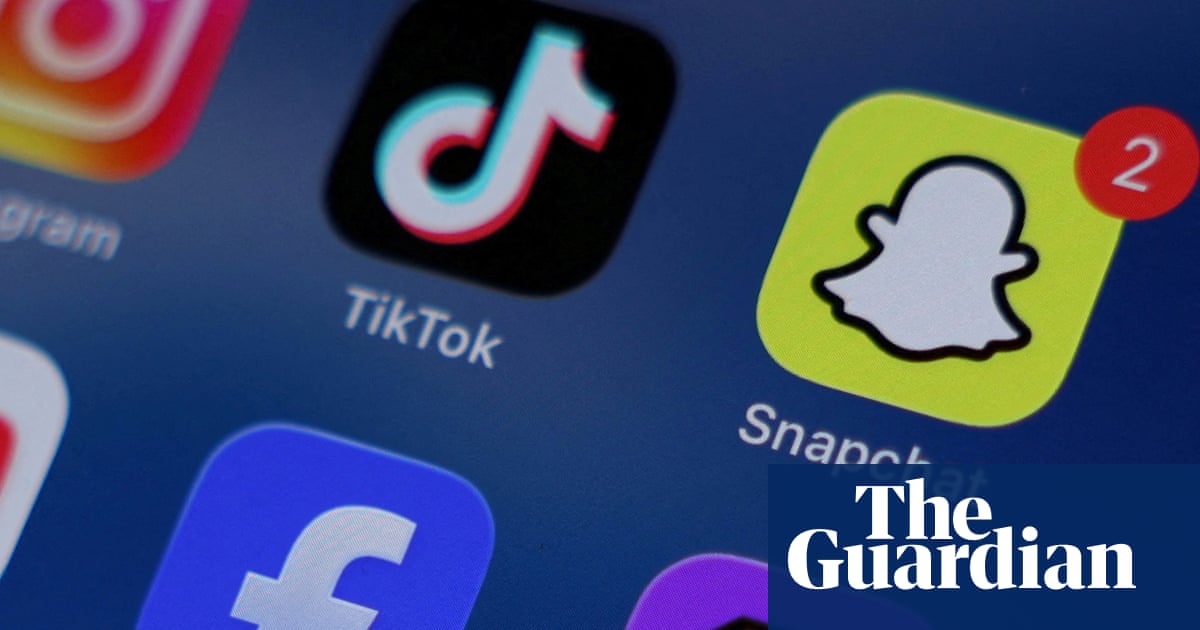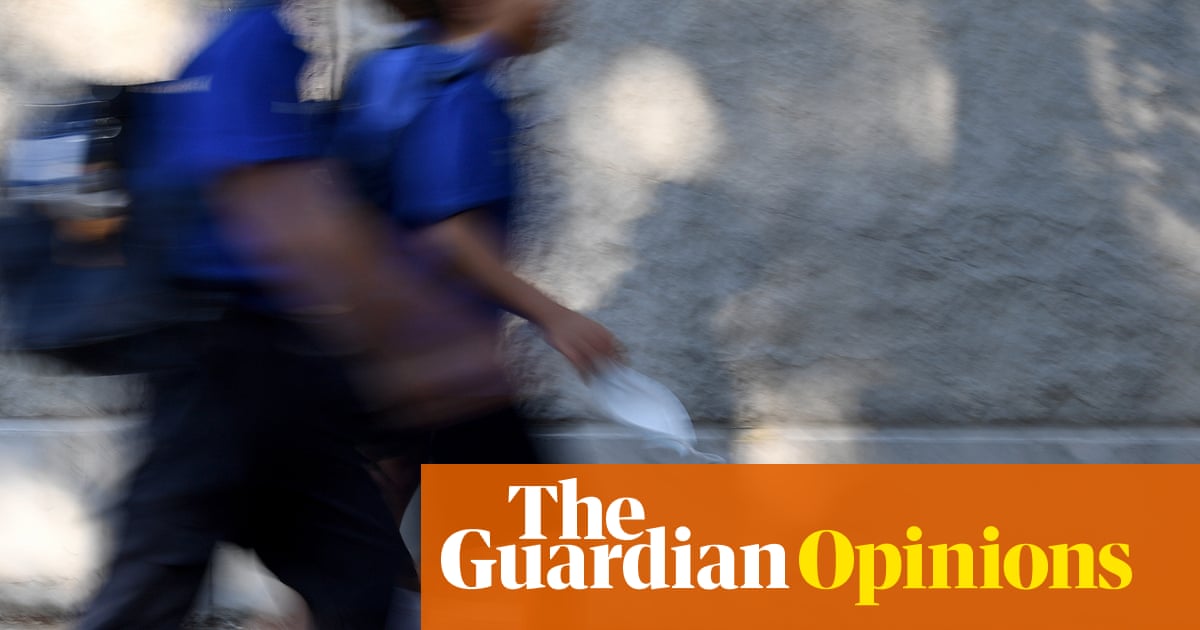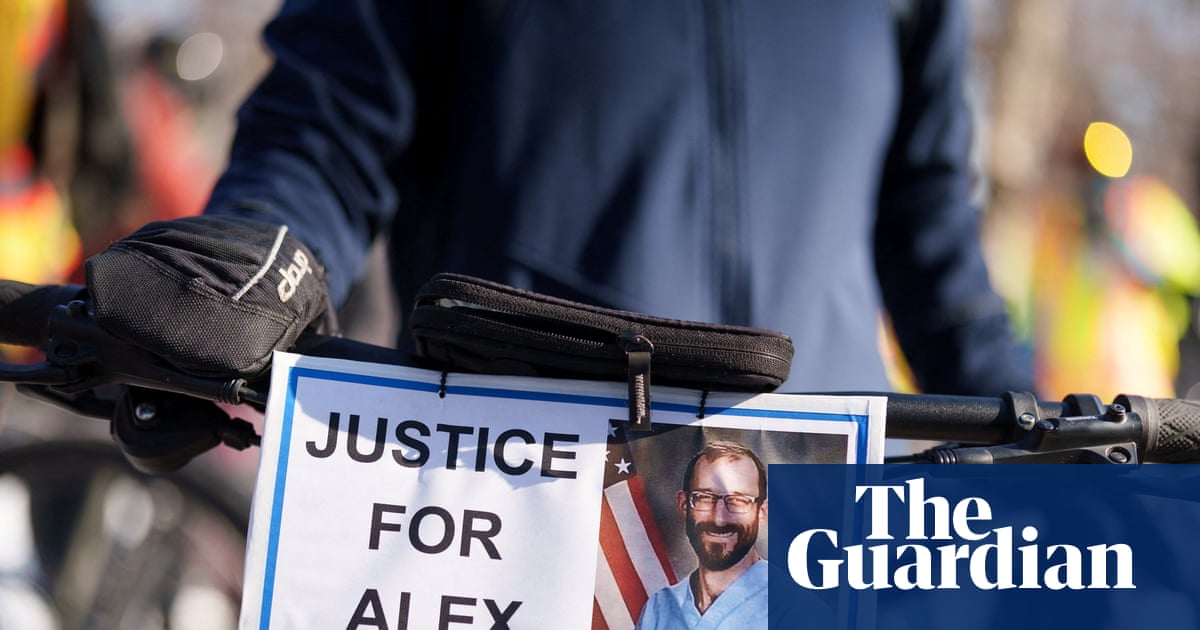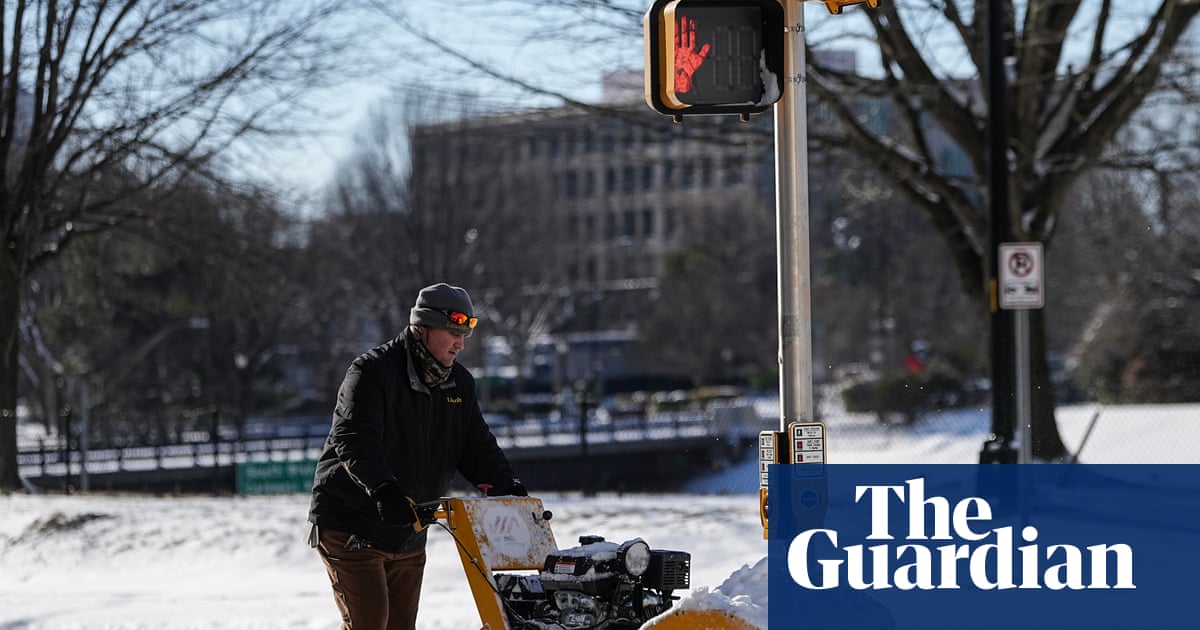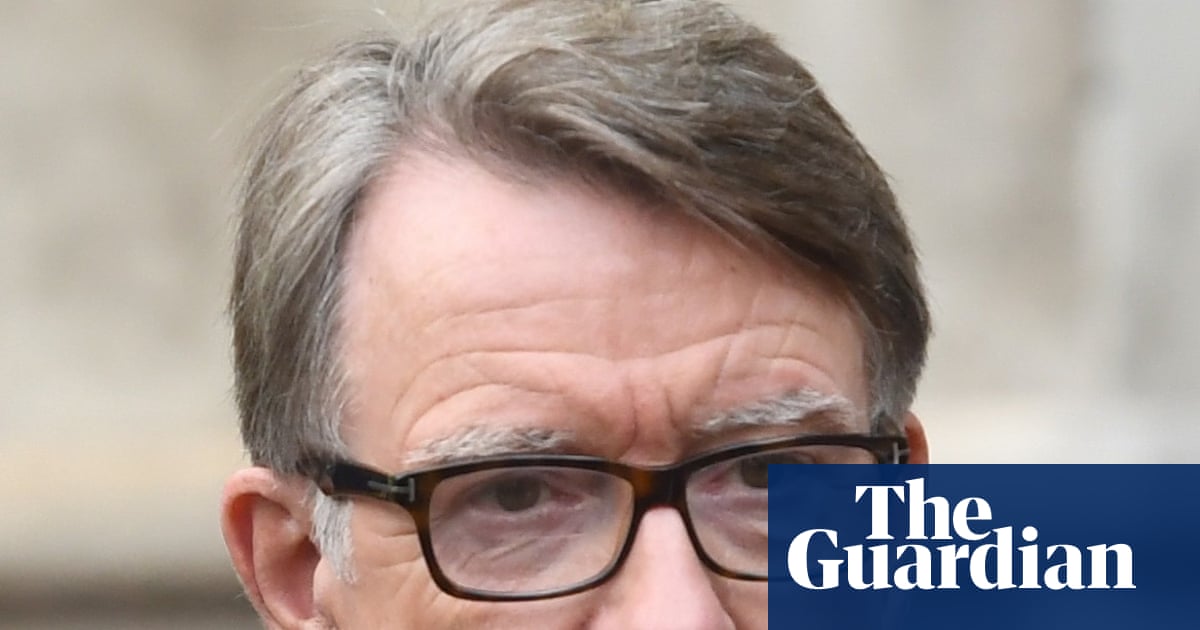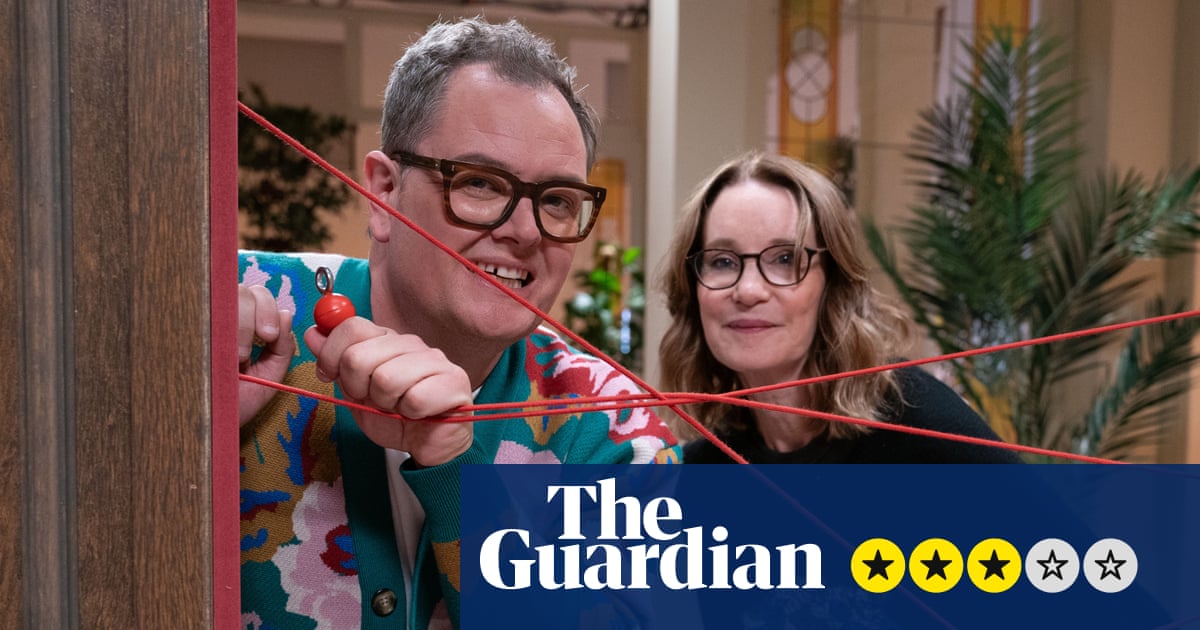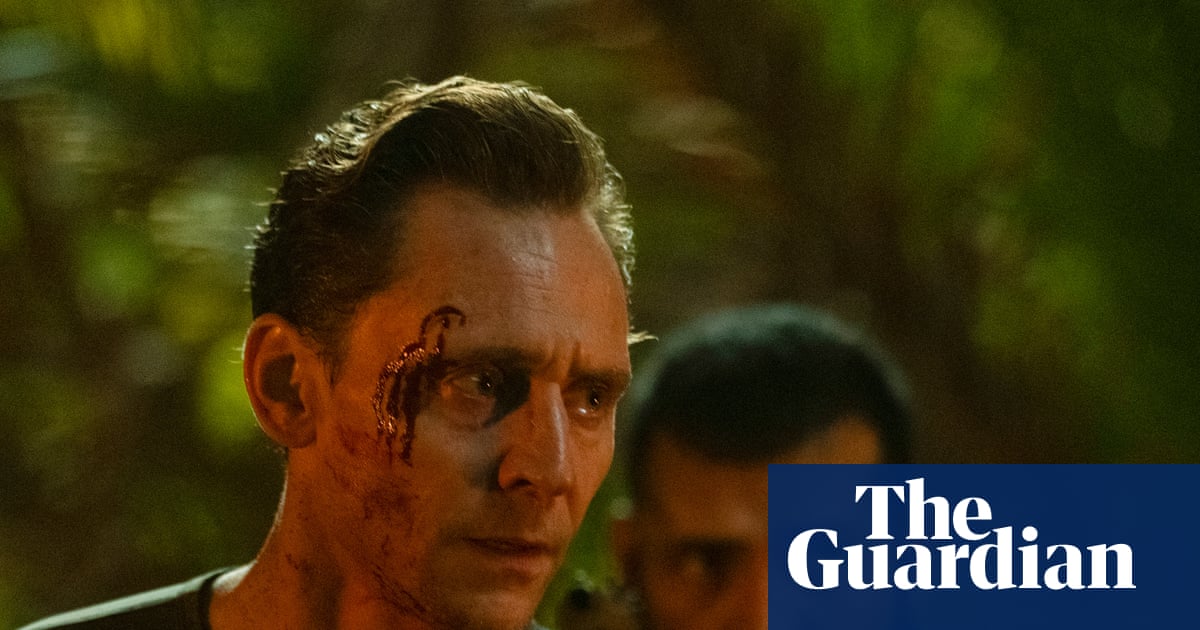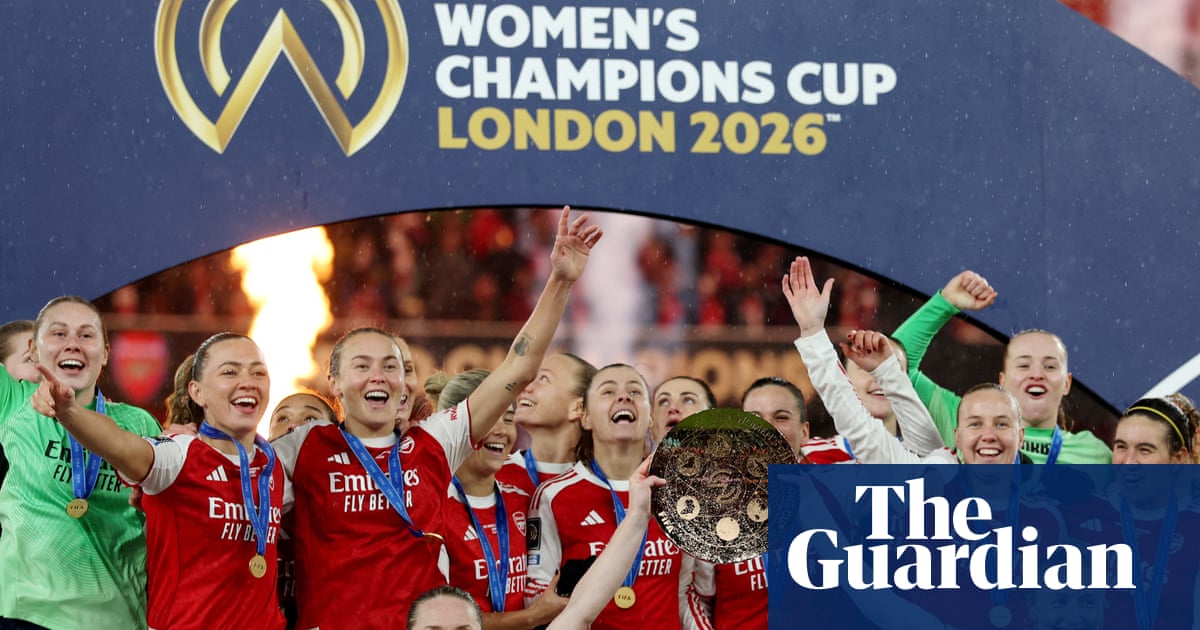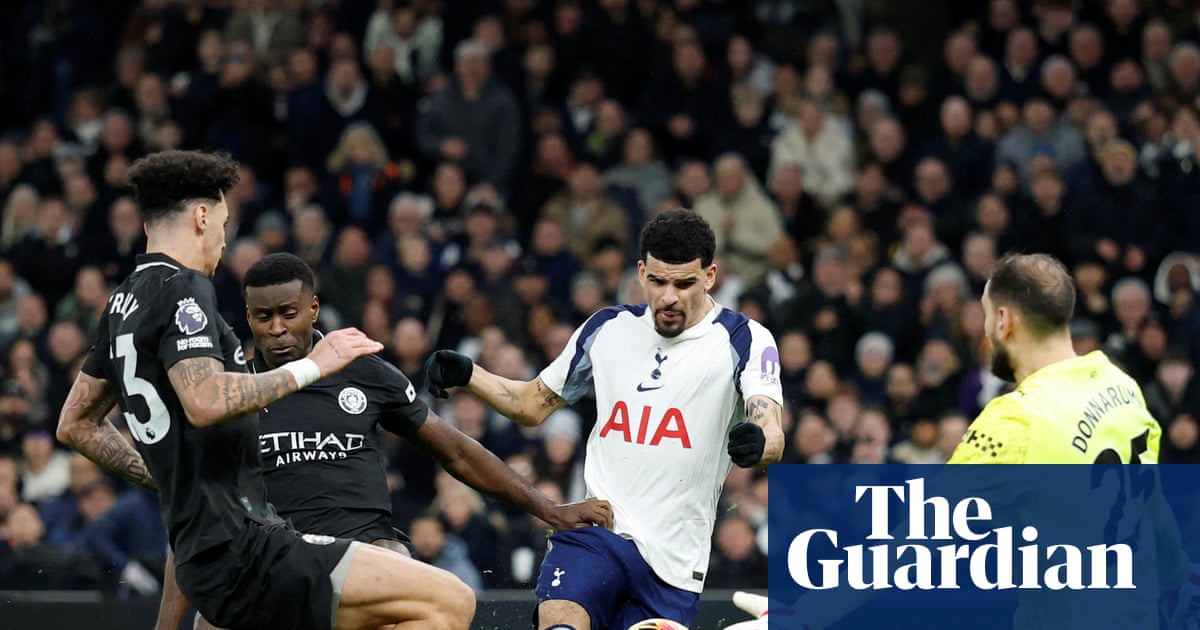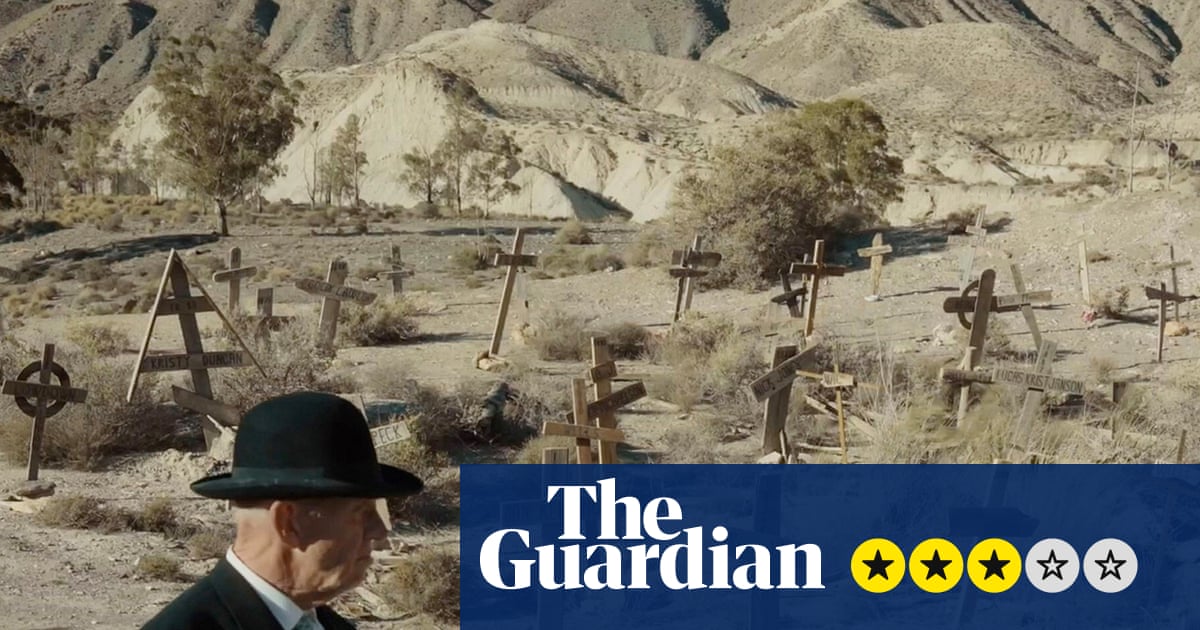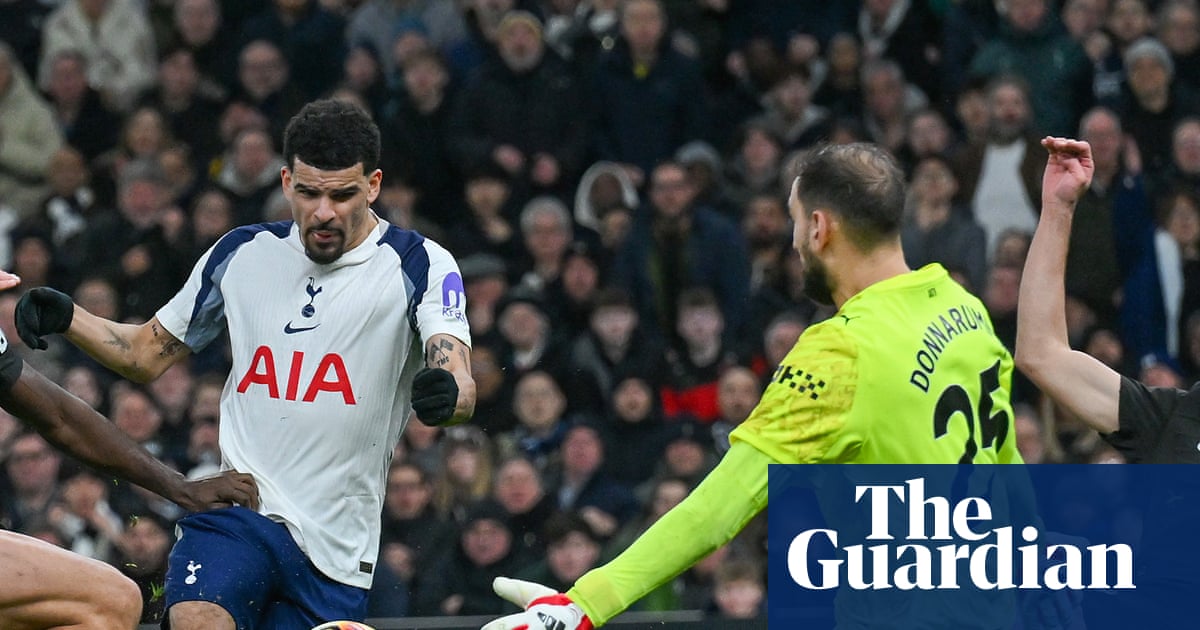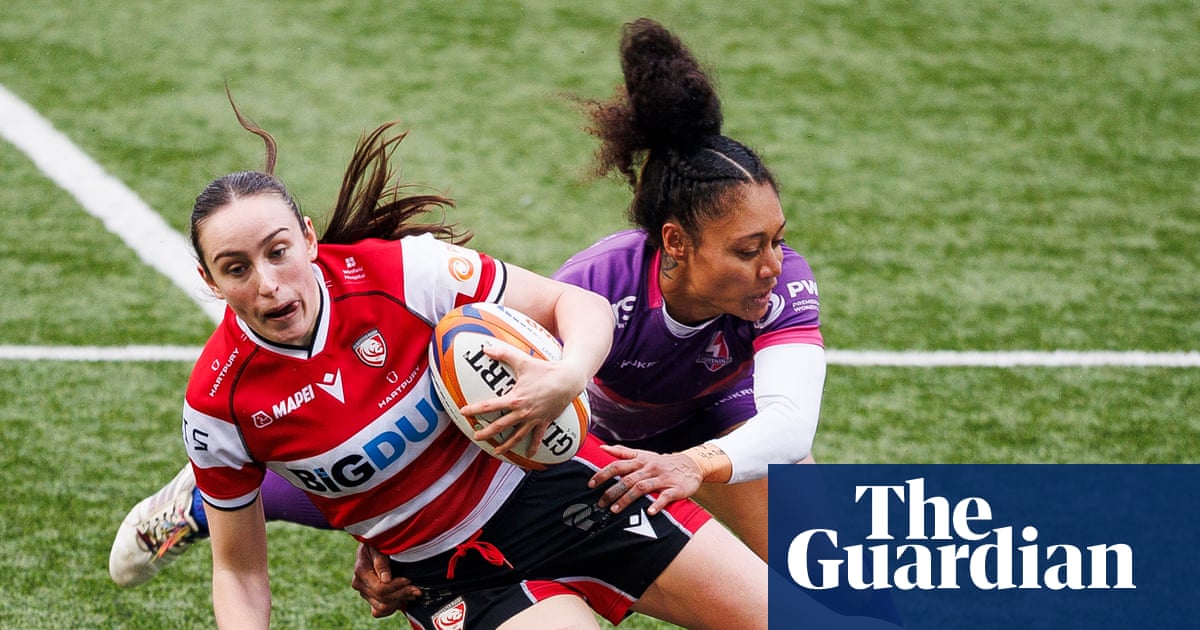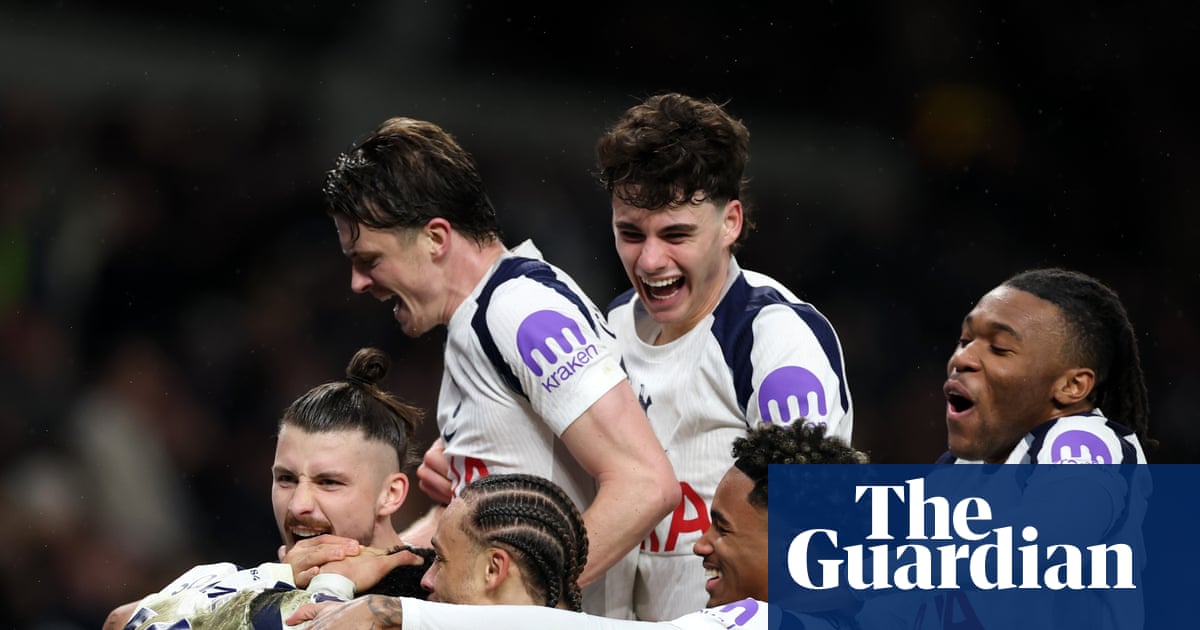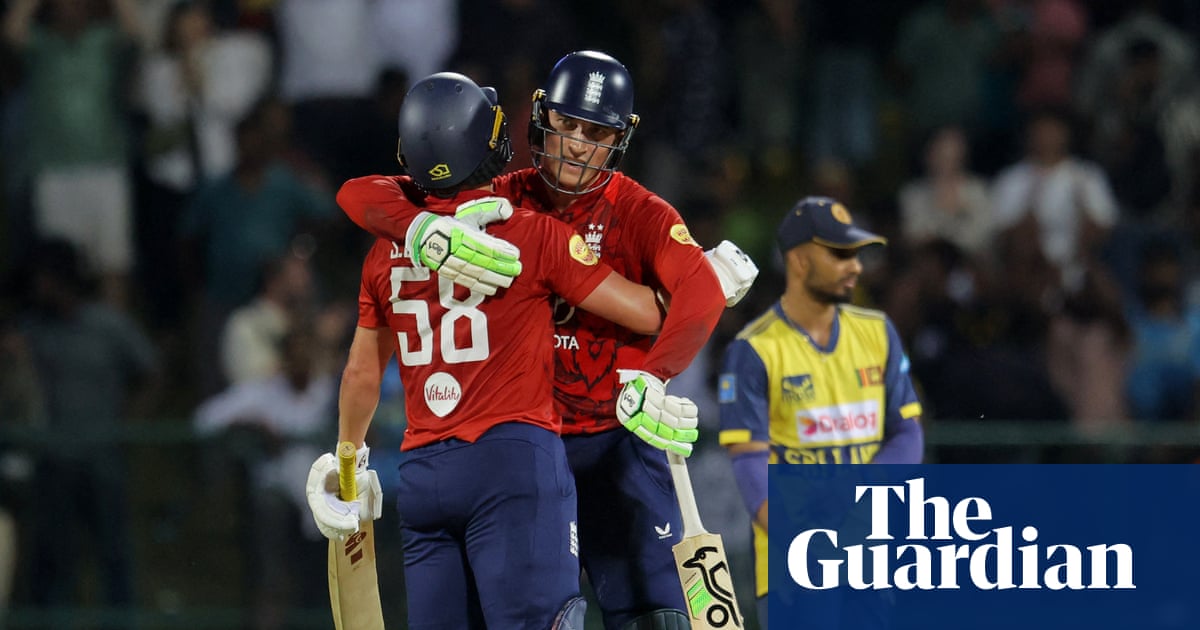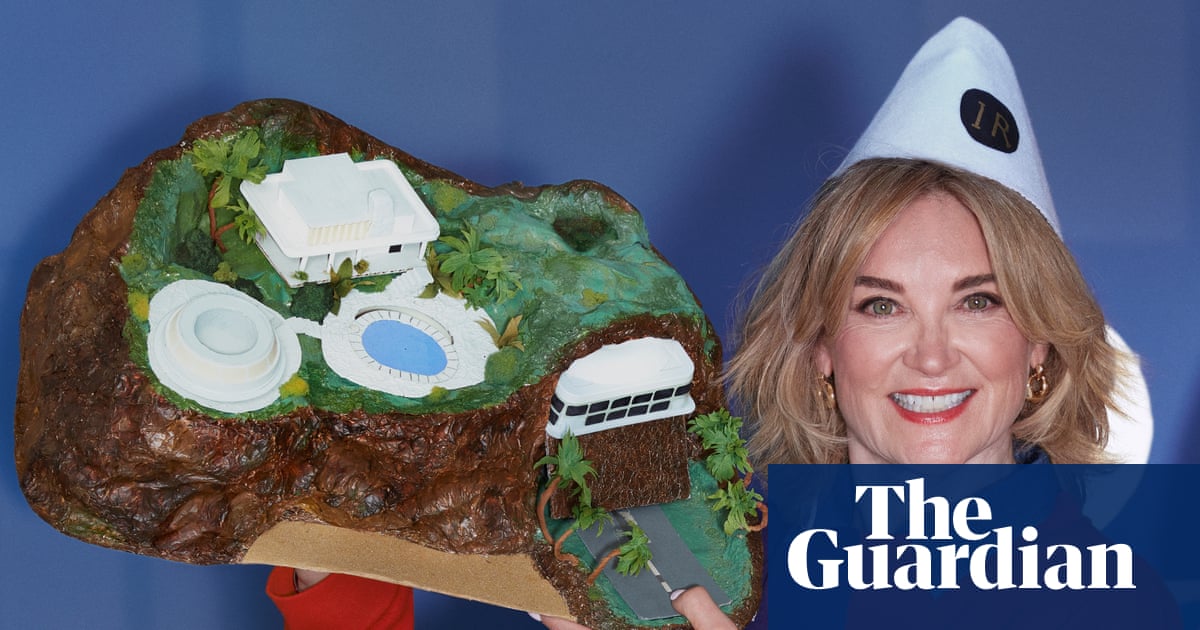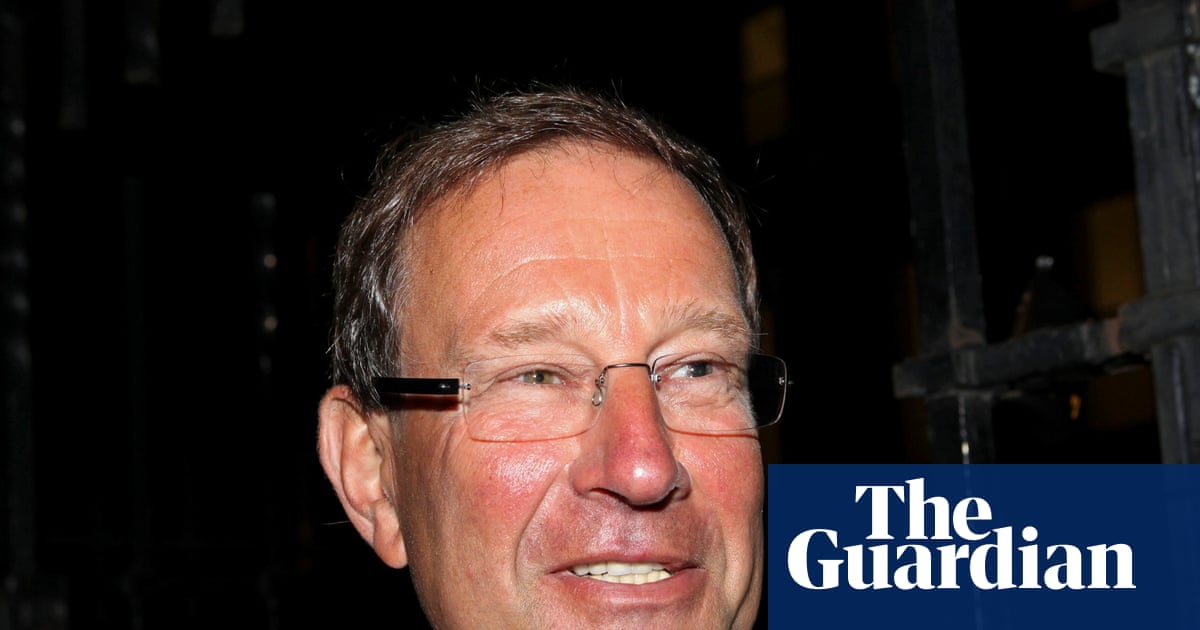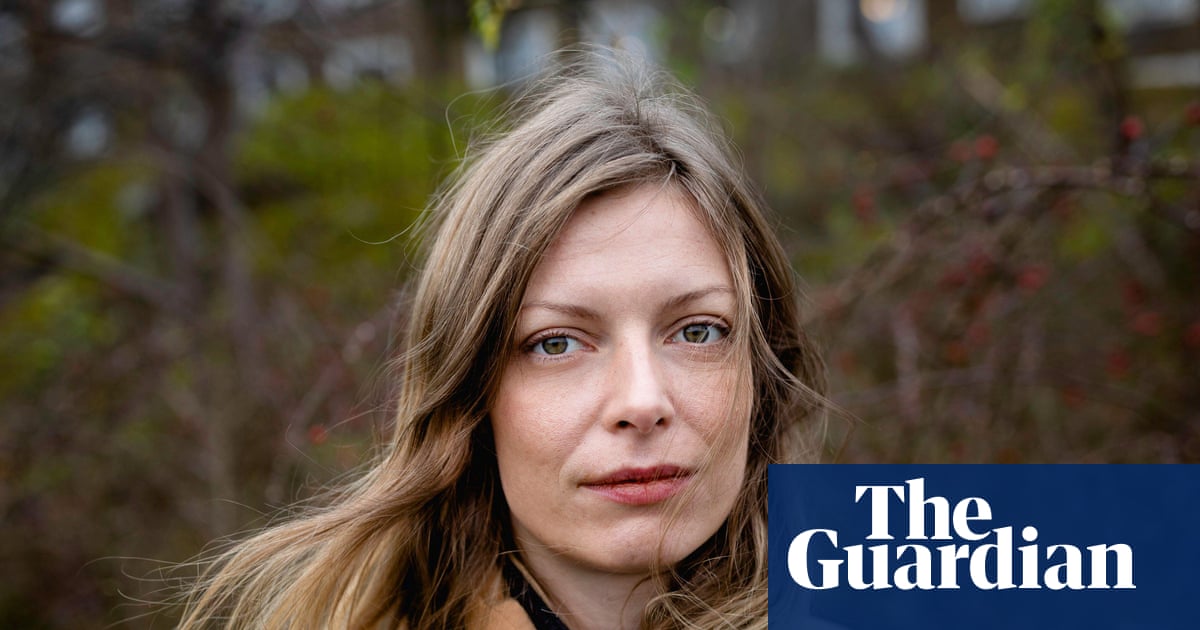From Ncuti Gatwa in Born With Teeth to Alicia Vikander in The Lady From the Sea and Susan Sarandon in Mary Page Marlowe, there’s no shortage of starry celebrities being cast for the West End right now.
It is a phenomenon happening in subsidised theatre too: Indhu Rubasingham’s inaugural season at the National Theatre features the likes of screen favourites Paul Mescal and Nicola Coughlan.
But over the last few years, the propensity to cast film and TV stars for the stage has become a point of contention in an industry still struggling from funding cuts and changing audience habits after the Covid pandemic. While some believe big names can help entice audiences and sell tickets, others say they stop risk-averse theatres from taking a chance on smaller productions with unknown casts.
It was a debate freshly renewed this week when Nadine Rennie,co-chair of the Casting Directors’ Guild, warned that the trend was “killing” the industry, and mid-scale theatres would be the first to go – despite being where the household names of the future cut their teeth.
Speaking at conference hosted by Spotlight at Rada, Rennie compared the proliferation of celebrity names on stages to “feeding a child too much sugar”. “It’s killing audiences’ intellects. I hear audience members say all the time: ‘I don’t know anybody who’s in this’. Or they’re not excited about a new play by an emerging writer,” she said.
Jill Green, a casting director for shows including The Devil Wears Prada, The Great Gatsby and War Horse, told the Guardian that many casting directors are increasingly being asked to cast big-name actors, with some theatres refusing to commit to booking a show until a recognised name is attached.
“This does make it much harder for new writing and productions without headline names to secure a slot against star-led shows,” she said. “However, the real question is: what actually constitutes a ‘big name’ who can sell that many tickets? The pool of talent that genuinely moves the needle at the box office isn’t exactly Olympic-sized.”
Her sentiments echoed those of the National Theatre’s director of casting, Alastair Coomer, who told the Spotlight conference that celebrity casting was “the biggest driver now” for audiences, putting immense pressure on the industry. “All of us are chasing the same very, very small group of people,” he said.
But having a star on the bill isn’t without its benefit. Green said the theatre provided a “fantastic opportunity” for audiences to see a performer they admire taking on a role that truly suits their skill set. “It can also help fill houses, which in turn sustains a lot of jobs both on and off stage,” she added. “But ticket pricing has become a major concern – if prices rise to extortionate levels, we risk excluding audiences who simply can’t afford to go.”
This is becoming apparent in the US, where the swing towards star casting is particularly dramatic. Tickets for George Clooney’s Broadway debut in Good Night, and Good Luck went for upwards of $800, while those for Denzel Washington’s Othello went for up to $1,000.
“Would I celebrate a world where my theatre was packed, but each ticket was £300, which is what’s happening on Broadway?” Nadia Fall, the artistic director of the Young Vic theatre, told the Guardian recently. “This is where the maths could lead us: theatre as a pastime for the elite.”
Theatre critic Arifa Akbar, says there is a certain “circus” element to A-lister castings. “Many people come to see the star rather than the play. It’s a way of bringing in money and getting bums on seats, for sure, but it’s not a financial – or creative – solution for the industry in the long run because the demographic buying tickets for star-led shows won’t come when there’s no star in sight,” she said.
“It’s also eclipsing the nurturing of dedicated theatre talent, which is not born off the back of a Netflix series. And shows can still go seriously wrong, however A-list the actor, as we saw in Sigourney Weaver’s weird, wooden turn in the West End’s The Tempest last year.”
after newsletter promotion
Kenny Wax, the producer of plays and musicals including Six the Musical, The Play That Goes Wrong and Why Am I So Single?, emphasised that seeing shows with big stars were rare – and sometimes transformative – experiences.
He said: “When Tom Holland was cast in Romeo and Juliet it was an opportunity to get young people into Shakespeare who would have never gone to see that play otherwise. Kenneth Branagh is returning to the Royal Shakespeare Company in Stratford-upon-Avon for the first time in over 30 years next year; that’s really exciting for youngsters to have a chance to see him live on stage.”
Wax said there were “plenty of theatres and plenty of productions throughout the year to go around”. “This summer we had The Comedy About Spies at the Noël Coward, which had no big TV or film stars, but literally sold out 100% for 20 weeks. You don’t need a star. The quality and the cream always tends to rise to the top.”
For Wax, London continues to strike a good balance between new work, risks and big stars – especially compared with New York, where “you can’t do it without the big stars”.
“The American system is considered quite broken at the moment. It’s incredibly expensive to put on a play or a musical in New York. The Play That Goes Wrong cost about £250,000 in London, but when it opened in New York eight years ago it cost $4m. With the same set. The climate has only got more difficult. Since Covid, 46 musicals have opened on Broadway, and only three of them have been profitable – including our show Six.”

 3 months ago
76
3 months ago
76


